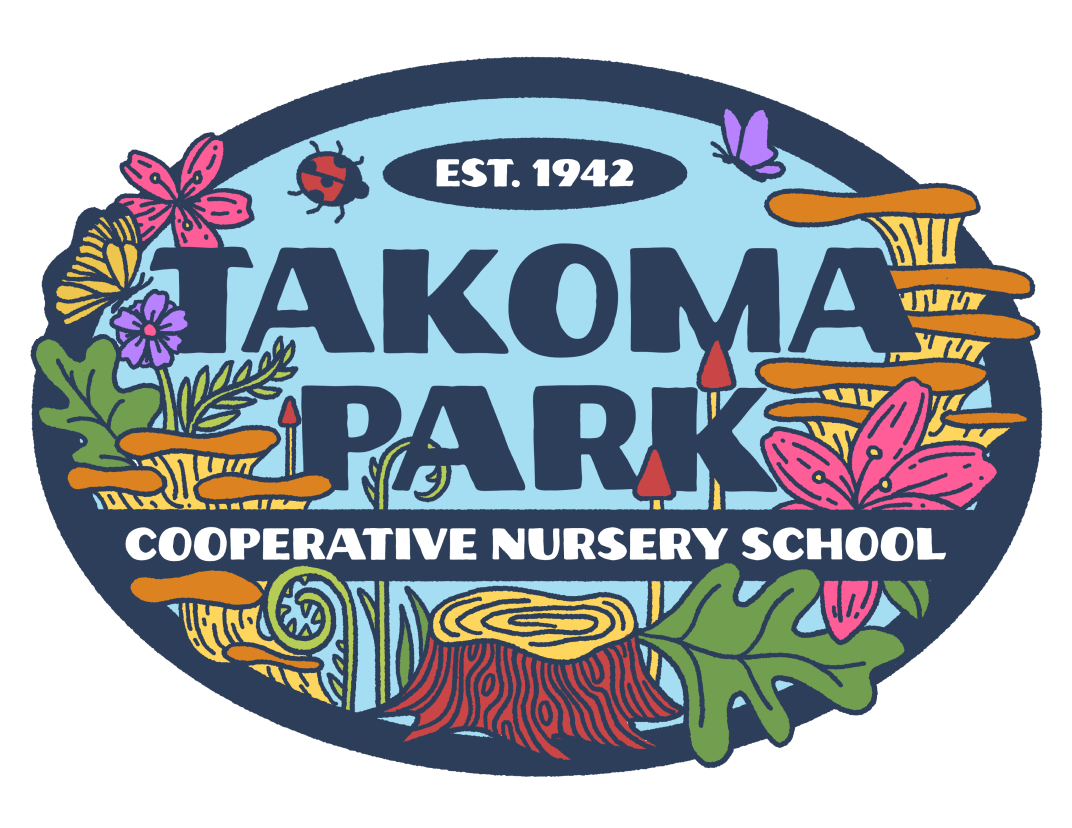The Parents Aren't the Problem
Conversations with or comment threads online from people who shape play and educational environments for children often begin with things like, "if the parents were there, they would have stopped that play," or "I always wanted to offer a play-based program, but I have to do what the parents want..."
Never mind that many of the people who name parents as the "breakers" or "stoppers" of play are likely parents themselves. Do they check their parenthood at the door before they enter their sites?
Probably not, but -- possibly, just possibly -- the thing being checked at the door is the imagined conflict, feelings of being judged, and discomfort that might result in swinging that door wide open and letting parents in!
It is my experience, being part of a parent cooperative first as a parent and then as the director/teacher, that the parents are not the ones stopping the play. In fact, they embrace the play. They also question. They wonder. They also disagree. They worry. They want more information. Oh my goodness, it is as if they CARE about what is going on with their children. And isn't that what I do as well?
We are partners in this endeavor and it is built upon a mutual respect and an acceptance that not everything will be comfortable and easy. I know that my ideas will be challenged, but more often, it is not about stopping something, it is about learning and giving challenging ideas the room to shift and grow.
One of the most useful things I have learned (and try to remind myself in practice) is to ask parents what they mean when they ask a particular question that feels challenging. When I do this, I learn one or both of the following...
- We are thinking about and describing/questioning two different things and when I find out what they are actually asking or what I am actually saying, we can get to common ground.
- I become a better teacher and a better partner. We know, at our cooperative school, that through the expression and sharing of ideas, humans connect and grow as a community.
Because one or both of these are true, it is a practice at our parent cooperative that at our monthly parent meetings, we provide an opportunity to formally establish "common ground." Not to force it upon people but to ESTABLISH it. This means that there will be growth over the years because we are a responsive community. Interestingly, the school is now almost 75 years old and its philosophical approach -- parent involvement and play-based -- has changed very little over the years, but we have most definitely grown.
You will most likely find this very thing happening at any cooperative school. If you think that parents are the problem and are not part of a parent cooperative school, visit one. Right away, because it is not the parents stopping or breaking up the play. It is the conversation and connection between practitioner and parent that is doing it. As someone told me once, the anticipation of the problem is often bigger than the imagined problem itself.

